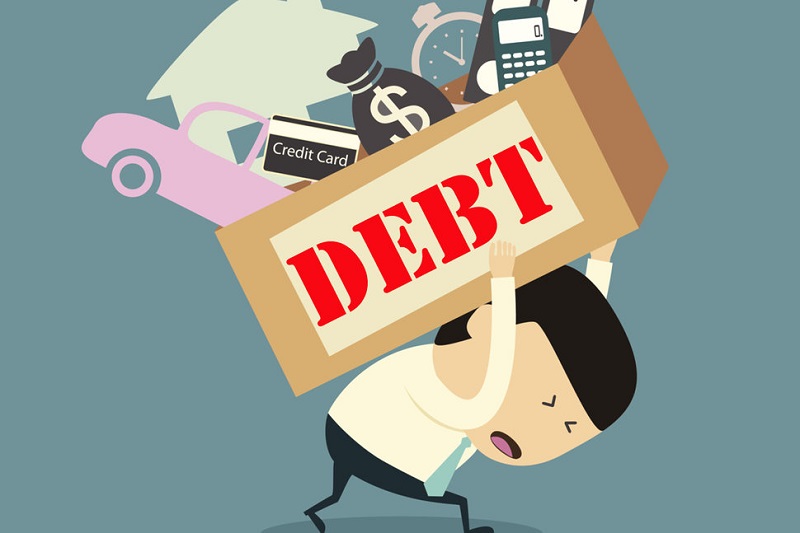

Individual indebtedness is a “social epidemic” exacerbated by consumer culture. In this article, we’ll talk about the possible emotional and psychological effects of debt which are as follows:
1. Stress
Research has shown that debt and stress are linked to each other. Although stress is hard to define, it may come because of worrying about how to deal with the mountain of debt on your shoulders. Stress that results from debt can affect a lot of things in our lives including our work and day-to-day activities.
According to an associate professor of psychology Ryan Howell, stress due to debt can take away any happiness you might have when you spend money. Anytime you want to spend money on something that would naturally make you happy like a new electronic device, you may experience further stress.
2. Denial
Another emotional effect of debt is denial, which worsens the situation in most cases. When one feels overwhelmed because of debt, they are less likely to take an action and act as if the problem doesn’t exist.
Denial arises when one is unable to accept the truth even when confronted by facts. When you are in denial, you may choose to completely ignore the debt or restrain from things like answering your phone for fear of talking to a creditor.
However, this reverse effect will only increase the amount of debt you owe in one way or another. For instance, it can lead to increased interest rates and late charges.
3. Frustration and Anger
It can be frustrating when you have bills to pay and don’t have a viable solution. This is especially true if you are dealing with debt from unseen circumstances like a job loss, medical condition, divorce or death of a family member.
Oftentimes, frustration leads to anger, and it can prompt you to do an impetuous thing that you will regret later.
4. Regret
Regret is inevitable, especially if you are going through a debt that you put yourself in. This often happens when you have made bad decisions that could have been avoided in the first place. Purchasing a new car or living a lifestyle that you can’t afford is one of those regretful decisions.
5. Embarrassment
Truth be told, material possession and money are usually associated with success. Debt is often unmentionable, and a lot of people are ashamed to admit that they struggle with debt. This is because people may think that they are poor managers of money or they don’t make enough.
Unfortunately, the outcome of this attitude is more debt. By trying to portray that you are debt-free, you will find yourself getting into more debt to impress others and keep up with their spending habits.
The Key Takeaway
Dealing with too much debt can be devastating, both emotionally and psychologically. To avoid this, it is vital to learn how to responsibly manage your debt before it’s too late. Also, recognizing the psychological and emotional signs of debt is a great step to start proactively making changes to your disfavored financial situation.
2020 Altayar Blogger